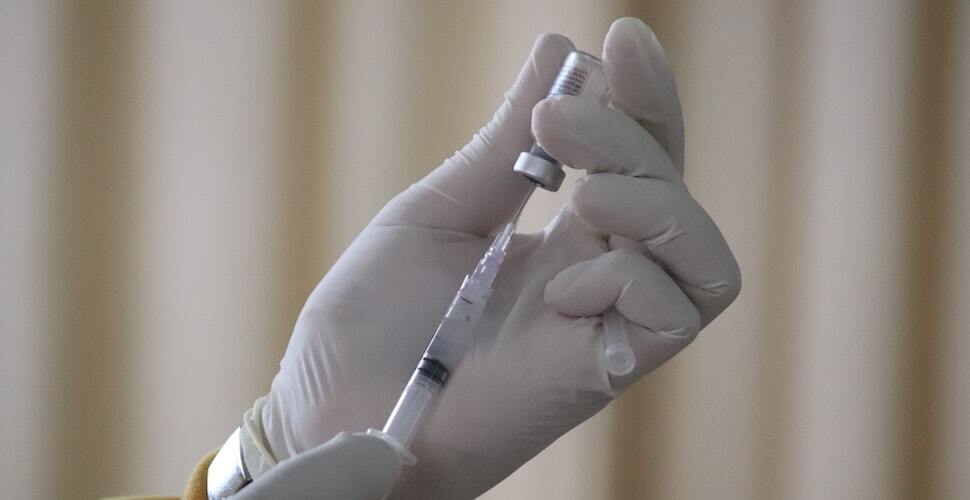The U.S. has banned the import of all rubber gloves from the world’s largest manufacturer, Top Glove, as a result of forced and indentured labor in its factories, the Guardian reported on Tuesday.
The decision comes at the close of a months-long investigation by U.S. Customs and Border Protection (CBP), which found “conclusive evidence” that Top Glove’s workers are held in conditions of modern slavery.
The new ban expands measures taken against the Malaysian company last summer, when Customs and Border Protection (CBP) blocked products from some of its subsidiaries suspected of exploitative labor practices.
In common with other rubber glove manufacturers in the region, much of Top Glove’s workforce is composed of poor South Asian migrants who—as a result of exorbitant recruitment fees—are vulnerable to debt bondage and other forms of modern slavery.
According to CBP’s findings, workers were made to work 12-hour shifts for just £7 ($9) a day, housed in unsanitary conditions with dozens of other migrants, and deprived of access to their identity documents.
In a press release announcing the ban, CBP assured the public that the country’s glove supply would not be affected.
“Today’s forced labor finding is the result of a months-long CBP investigation aimed at preventing goods made by modern slavery from entering U.S. commerce,” said Troy Miller, Senior Official Performing the Duties of the CBP Commissioner. “CBP will not tolerate foreign companies’ exploitation of vulnerable workers to sell cheap, unethically-made goods to American consumers.”
Top Glove has repeatedly come under fire for its working conditions, particularly since the coronavirus pandemic dramatically increased global demand for PPE (personal protective equipment) and sent the company’s profits soaring.
A Guardian investigation last summer found that Top Glove gloves were making their way into the supply chains of NHS hospitals, leading to pressure on the U.K. government to ensure that the country’s PPE is ethically sourced.
While Top Glove insists it is committed to improving its labor practices, migrant worker rights expert Andy Hall said that the company has not made sufficient progress.
“Top Glove remains an unethical company which prioritizes profits and production efficiency over the welfare and basic rights of its workers,” Hall argued.








Freedom United is interested in hearing from our community and welcomes relevant, informed comments, advice, and insights that advance the conversation around our campaigns and advocacy. We value inclusivity and respect within our community. To be approved, your comments should be civil.
Gloves are not expensive merchandise. There are others whose product brings billions in profits for slave labour. Chocolate and coffee producers sell these popular products obtained from slaves hard work in endless chain of generations.